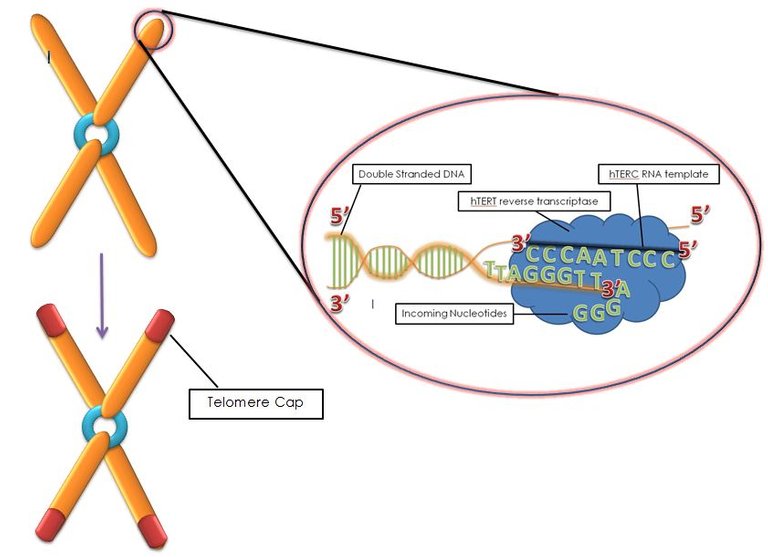The Possibilities of Aging Reversal: Exploring the Science Behind Slowing Down Aging Clock
The quest to halt or reverse the aging process has been a longstanding endeavor of humanity, fueled by the desire for prolonged vitality and youthfulness. Is there a glimmer of hope on the horizon? In this post, we delve into the intricate mechanisms of aging and the fascinating potential for aging reversal.
Cells grow via division and scientists have been able to show that cells cultured on Petri dishes divide for a limited number of days before they stop making new cells and start to die. This is actually also the same thing with cells in our body, and scientists have identified this process as the hallmark of aging. Our cells when doing what they know how to do best which is keeping us alive, undergo different changes which could lead to temporary or permanent changes in the DNA. The permanent change in the DNA is referred to as a mutation.,
Mutations, particularly those manifesting in genes critical for survival, can trigger cell demise or instigate the development of cancer. As cells labor on, the inexorable passage of time inflicts changes upon them, resulting in the gradual erosion of their functional capacities. Additionally, cell mutations can arise during cell division, culminating in errors that precipitate alterations and, over time, contribute to the attrition of telomeres the protective caps at the end of chromosomes. When telomeres erode excessively, cell replication halts due to accumulated damage. These insights constitute a constellation of hallmarks that characterize the aging process, as expounded by scientists., ,
As we age also, our mitochondria stop working. Mitochondria is responsible for energy production and is referred to as the powerhouse of cells. When they stop functioning, the mitochondria do not work properly causing changes in cell metabolisms. This is also another hallmark of aging.,

If we are to look at all these, they look pretty negative making it look like aging is a bad thing. Actually, a lot of us want to age and sit on that rocking chair or be in the kitchen with that apron having gray-white hair but then so many of us are scared of growing old. With Stem cells epigenetic control how to decide what type of cells they will become, and it is also important in controlling aging as epigenetic mechanisms inactivate mitochondria as we age, but it seems like epigenetic effects can be reversible, so is it possible to reverse aging.
Scientists have been able to reverse aging in mice using diet. A study showed that mice that maintained a special diet throughout their lifetime lived between 35 to 65 percent longer. Some animals like worms and flies have been proven to live longer if they undergo fasting. Researchers are able to show that diets impact cellular aging as some diets can lower DNA damage in cells while some other activities like fasting can increase mitochondria activities, causing the cells to age slowly.,
Certain foods promote the production of sirtuins, cellular proteins capable of reshaping the epigenetic landscape by removing histone acetylation marks—a process that mitigates aging. In fact, elevated sirtuin production in animals has been correlated with extended lifespans. Beyond diet, exercise has emerged as a formidable agent in modifying the epigenetic landscape and potentially reversing aging. Physical activity has been linked to the elongation of telomeres, further reinforcing the notion that exercise holds the promise of extended vitality.,
Exercise has been linked with longer telomeres. Intriguingly, the stress-aging dynamic presents a contrasting narrative. Chronic stress is known to curtail lifespan, underscoring its detrimental effects on our well-being. Yet, research suggests that managing stress could potentially contribute to aging reversal. A study involving prostate cancer patients undergoing stress-reduction interventions such as yoga, exercise, and social support demonstrated remarkable outcomes. Blood samples taken before and after the experiment showcased increased telomere length, suggesting that the hallmarks of aging were potentially reversed through stress reduction.
While a comprehensive halt to aging remains elusive as science is still advancing, scientific advancements have illuminated the prospect of slowing down the hallmarks of aging. Although it is not within our current reach to completely arrest the passage of time, we are embarking on a transformative journey toward prolonging the chapters of vitality and well-being.
Congratulations @eni-ola! You have completed the following achievement on the Hive blockchain And have been rewarded with New badge(s)
Your next target is to reach 400 posts.
You can view your badges on your board and compare yourself to others in the Ranking
If you no longer want to receive notifications, reply to this comment with the word
STOPTo support your work, I also upvoted your post!
Check out our last posts:
It reminds me of the year I got involved with ageloc.
Thanks for your contribution to the STEMsocial community. Feel free to join us on discord to get to know the rest of us!
Please consider delegating to the @stemsocial account (85% of the curation rewards are returned).
Thanks for including @stemsocial as a beneficiary, which gives you stronger support.